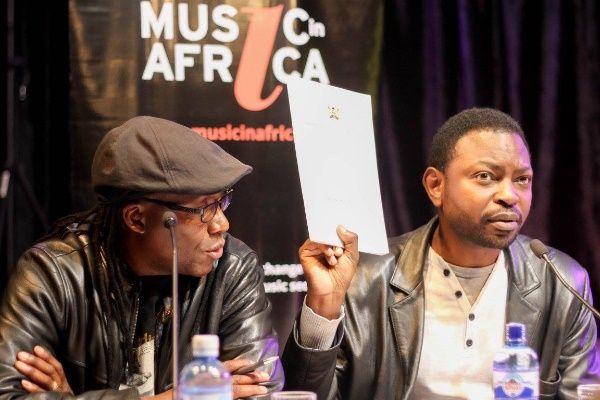
Photo credit: Julian Manjahi
As alluded to in a previous blogpost here, the Draft National Music Bill 2016 has been touted as a proposed solution to the payment of artists’ royalties in Kenya, in light of the recent issues raised about the constitutionality of section 30A of the Copyright Act. The back and forth regarding the payment of royalties from platforms such as Skiza and subsequent music platforms that may be created, might be found in the Draft National Music Bill. The Bill has been put forward by the Permanent Presidential Music Commission (PPMC) and was published for public comment in June 2016.
The Bill aims to regulate, develop and manage the Kenyan music industry, among other proposals regarding the industry. It proposes the creation of a National Music Council, National Music Fund, National Music Tribunal and Music Talent Academy. This blogger would like to mention that the Bill seeks to establish yet another Board that would govern the Council; the Board would consist of 10 members including a Chairperson appointed by the President.
Section 21 of the Bill seeks to introduce a music practitioner’s freedom of association; to form, leave or join a musical association or federation of associations. These new associations, according to s25 would seek registration from the Council and some of the functions of the newly created associations may create an interesting dynamic in the music industry. The question is whether the functions of the proposed Council and associations may conflict with the functions of KECOBO, KAMP (Kenya Association of Music Producers), PRISK (Performers Rights Society of Kenya) and MCSK (Music Copyright Society of Kenya)? This blogger is wondering whether these new proposed functions could bring a long term solution to the payment of royalties to artists from platforms such as Skiza or further complicate the process?
Part III of the Bill, in s17 and s18 speak about the issuance of music sale licences to music vendors by the Council [with penalties for any vendor that would contravene this provision of a minimum of Kshs. 200,000 and a maximum of 1 million Kshs, a term of imprisonment of 5 years or both.] If one of the aims of the Bill is to develop the music industry, one should ask themselves whether there is the need for another licence, as stakeholders in the music industry are already up in arms as to the number of licences they have to procure from the existing collecting societies.
In addition, s11(d) states that one of the functions of the Council would be to advise music stakeholders on best business practices in terms of contracts they may be party to; which would hopefully regulate the intellectual property rights and the terms of contracts entered into by artists with CSPs (Content Service Providers) for platforms such as Safaricom’s Skiza with the aim of procuring a long term solution to the payment of royalties to artists.
This blogger will keep you updated on the developments regarding the Music Bill and if it is enacted into law, the effects on the payment of royalties in the music industry.